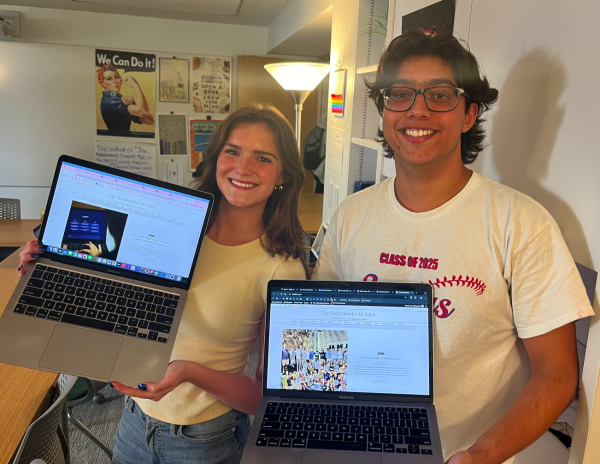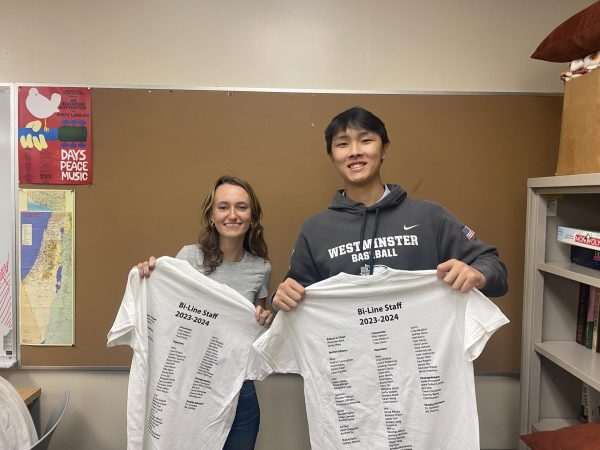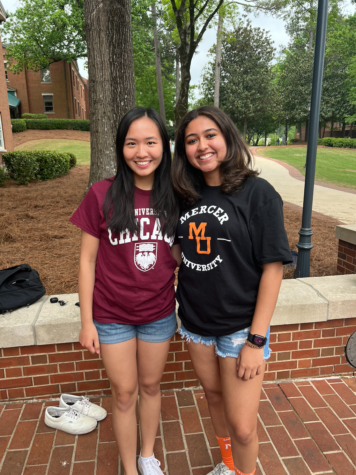Letter From the Editor: Traditions
After almost a year since ground breaking and four months of projected construction to go, we finally know what the new library will look like. Group study spaces of “The Future,” more group study spaces, quiet group study spaces, boisterous group study spaces, and maybe some stacks of books in between. Yet among all of this, the school’s archives have found a way to squeeze themselves in somewhere between the nonfiction collection and the research area of The Future on the top floor. President Keith Evans said that change is the new tradition of Westminster in the assembly on Thursday, Sept. 11, but the tradition of our past seems to remain important as a guideline in our progress.
But what is our tradition? Some would argue that it is simply academic and personal excellence in the context of an honor-bound community, and has been that way since the school’s founding in 1951. I would argue that our tradition is exactly the change that we now face today. From the desegregation of Westminster in 1953, 11 years before the Civil Rights Act, to the implementation of an AP curriculum, the Center for Teaching, and even the new schedule, Westminster’s excellence is the willingness and capacity to constantly innovate to match a shifting world.
Our goal at the Bi-Line this year is to match the tradition of innovation that our school has embraced by remembering our own tradition as a publication. Scanning through the same archives that will be curated in our new library, I have found front-page Bi-Line pieces about everything from the desegregation debate, Vietnam, and the Cold War to “cutting-edge AP curriculums” and distinguished alumni. Because of stories like these, the Bi-Line has been a nationally acclaimed high school newspaper for decades, and it is our ambition to renew that tradition.
As the print voice of the Westminster Upper School, it is our job to bring you the information and insights that go beyond assemblies and newsletters. The reason that we as editors, writers and photographers have all chosen to be part of this publication is that we aren’t satisfied with what we know already. We want to go deeper, and we can’t wait to tell you what we learn. And more than that, we can’t wait to hear what you think about it. As an entirely student-run production, we are free to publish your honest opinions and be an advocate for the student body.
So, to that extent, I would like to extend an invitation to anyone with an idea, a story, a question, comment or opinion to let their thoughts be heard through the Bi-Line. Send us an email at [email protected] and [email protected], and if your work is not extremely inappropriate, we will work with you to edit and publish it as an opinion-editorial (essentially a guest column) or in a student voice section if it is not a stand-alone piece.
We hope that this is just the beginning of a new era of transparency and investigative reporting, and that you will all help us in this endeavor.
As Evans noted in the assembly, “tradition is great, but traditional must earn its keep. Change is the new tradition at Westminster.” We intend to earn our keep.
Hannah Gay



